Press Freedom and Protection in Bangladesh: Government's Words vs. Actions
Farzana Binte Hossain: Despite assurances from the interim government regarding the protection and freedom of the media, threats and attacks continue against journalists and media outlets. Analysts believe that the government's inaction plays a role in exacerbating the situation.
Recently, protests have occurred outside the offices of two of Bangladesh's leading newspapers, Prothom Alo and The Daily Star. Protesters attempted to carry out a ritual slaughter of cows and hold a feast in front of Prothom Alo's headquarters on Sunday, though the police intervened and stopped the event. Earlier, on Saturday, similar protests took place outside The Daily Star's office, where demonstrators, citing various banners, accused the newspapers of being "agents of India."
The situation has not remained confined to protests. On November 25, a group of individuals attacked Prothom Alo's offices in Rajshahi and Bogura. Several other cities and university campuses have also witnessed protests against Prothom Alo and The Daily Star. These protests have been accompanied by social media campaigns against both newspapers.
The pattern of attacks on media offices continued in recent months. On August 5, offices of private television channels, including Ekushey Television, Somoy TV, DBC, ATN Bangla, ATN News, and others, were attacked and vandalized.
Concerns are being raised over the government's commitment to media freedom. Journalist organizations, such as the Newspaper Owners' Association of Bangladesh (NOAB), have voiced alarm over the continuous attacks on media freedom. In a statement, NOAB condemned the incident of slaughtering a cow outside Prothom Alo's office and called for strong measures against 'mob justice'. The organization urged all parties to refrain from activities that threaten media freedom.
Previously, various local and international organizations, including the Editors' Council, have called on the interim government to ensure the safety of the media. While the government has repeatedly pledged to protect media freedom, its actions have been questioned.
In a recent meeting with leaders from the Dhaka Reporters' Unity (DRU), Information Adviser Nahid Islam acknowledged the complexity of the law and order situation but assured that attacks on media offices would be addressed legally. However, he also pointed to public dissatisfaction with some media outlets, claiming that the media's role over the past 15 years has led to a loss of public trust.
DRU leaders have stated that while people have the right to protest, it is the government's duty to ensure media safety. They expressed opposition to the disruption of media offices and emphasized that any criminal action by journalists should be dealt with through the law.
However, some analysts, such as Communist Party leader Ruhin Hossain Prince, believe the situation has worsened due to provocative statements from government supporters, suggesting that the government is not adequately protecting the media. They point out that despite the presence of clear evidence and videos of those involved in the attacks, no arrests or actions have been taken by law enforcement.
Human rights activists, including Noor Khan, have raised doubts about the government's understanding of media freedom, criticizing the contradictory statements coming from some officials. They argue that the current situation, including threats and violence against the media, is a violation of both the law and human rights.
As Bangladesh commemorates the fall of the previous Awami League government in August 5, analysts note that the precarious environment for journalists continues under the interim government, with no positive change in media protections.
Farzana Binte Hossain, Internationally known senior journalist, political analyst and researcher working with different national Television and Dailys in Bangladesh.
-
Previous Post
Statement: Attacks on Media Freedom and the State’s Irresponsibility
-
Next Post
Journalist Threatened to Remove Post Related to ADSM
You May Also Like
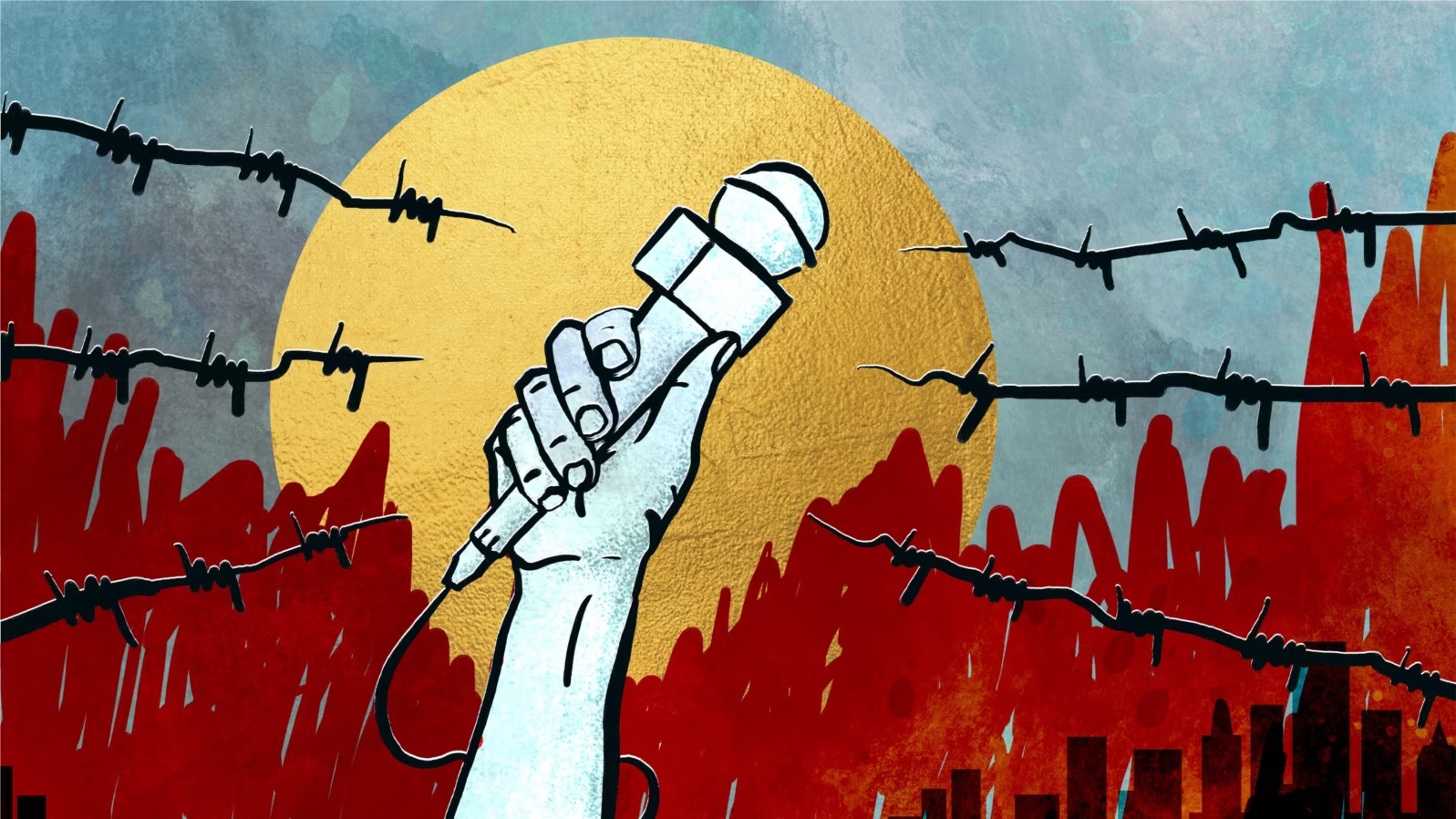
Press Freedom and Protection in Bangladesh: Government's Words vs. Actions
Despite assurances from the interim government regarding the protection and freedom of the media, threats and attacks continue against journalists and media outlets.
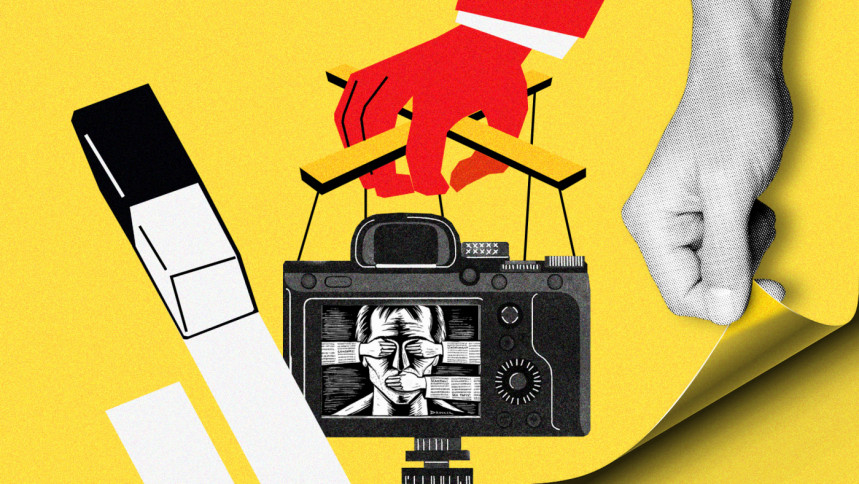
Balancing Freedom and Accountability: Reforming Bangladesh's Media Without Interference
This paper argues that it is not only possible but also necessary to reform Bangladesh media without compromising its freedom to operate.
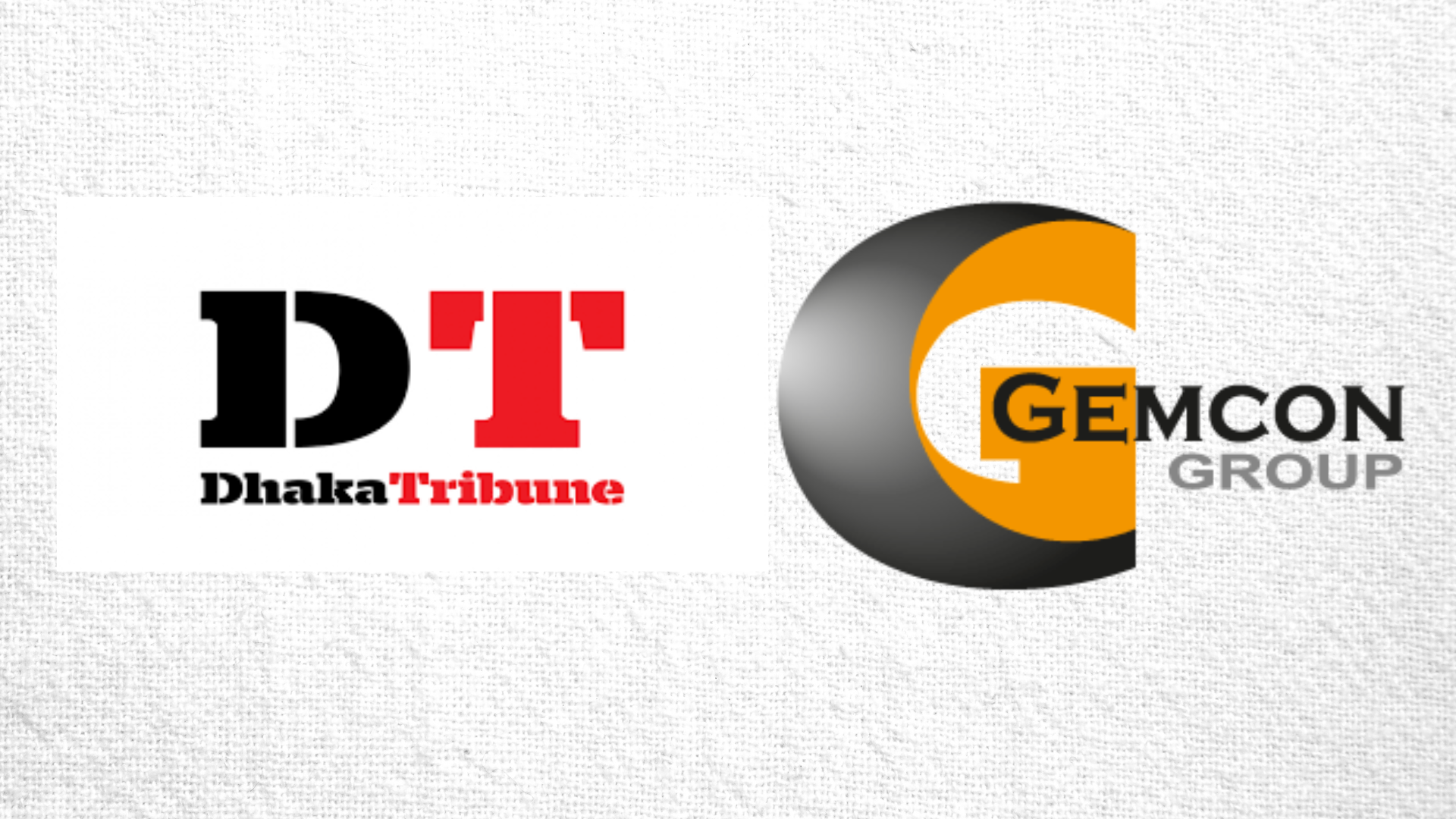
Discontent Spreads at Gemcon Group's Dhaka Tribune
In an attempt to calm tensions, Editor Zafar Sobhan, known for his repeated unfulfilled promises, has called for a special meeting this Sunday.

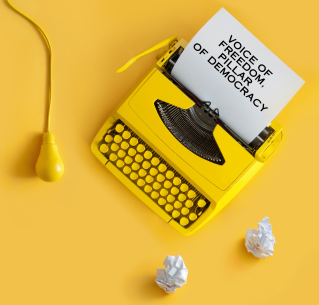
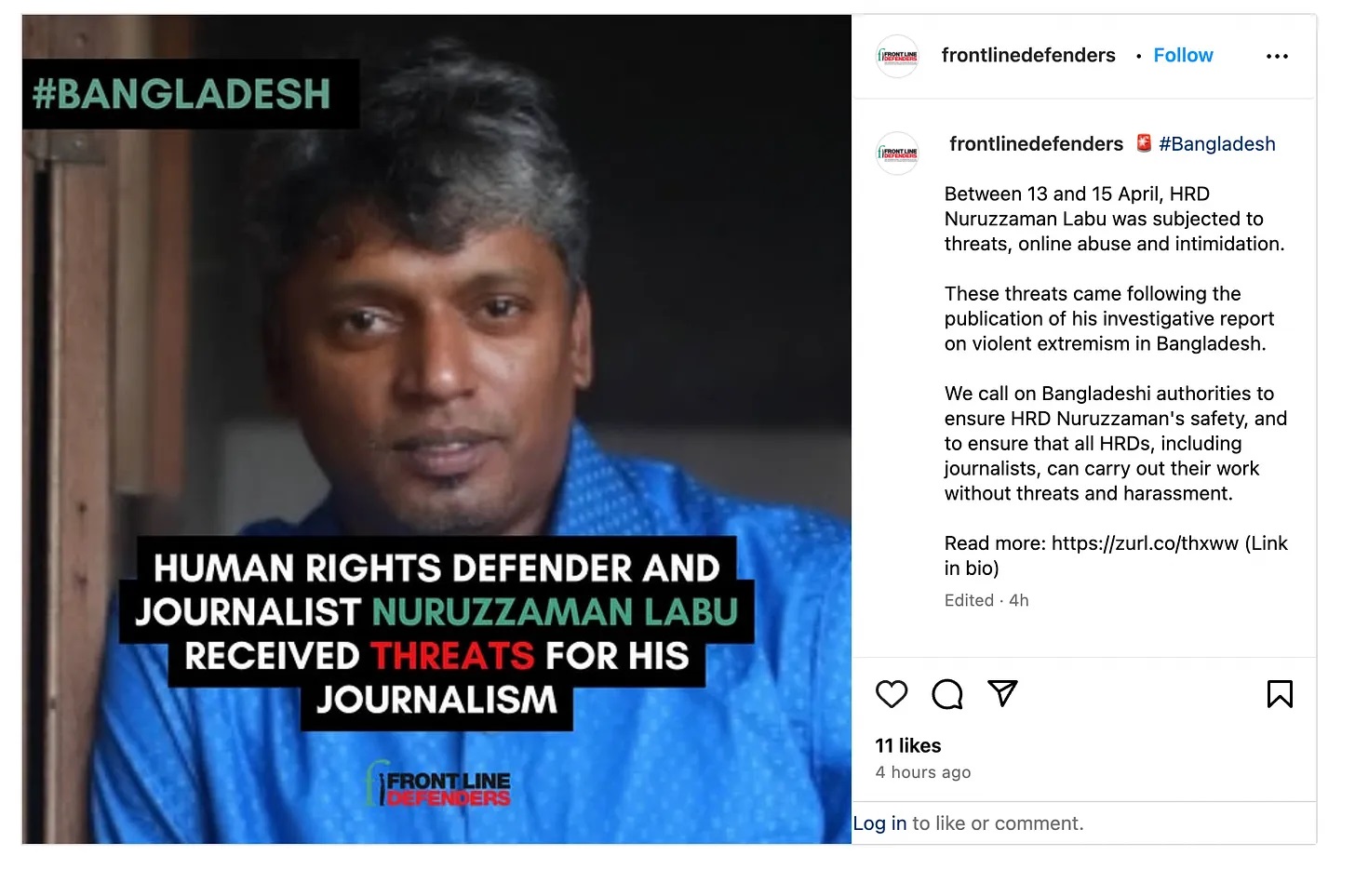
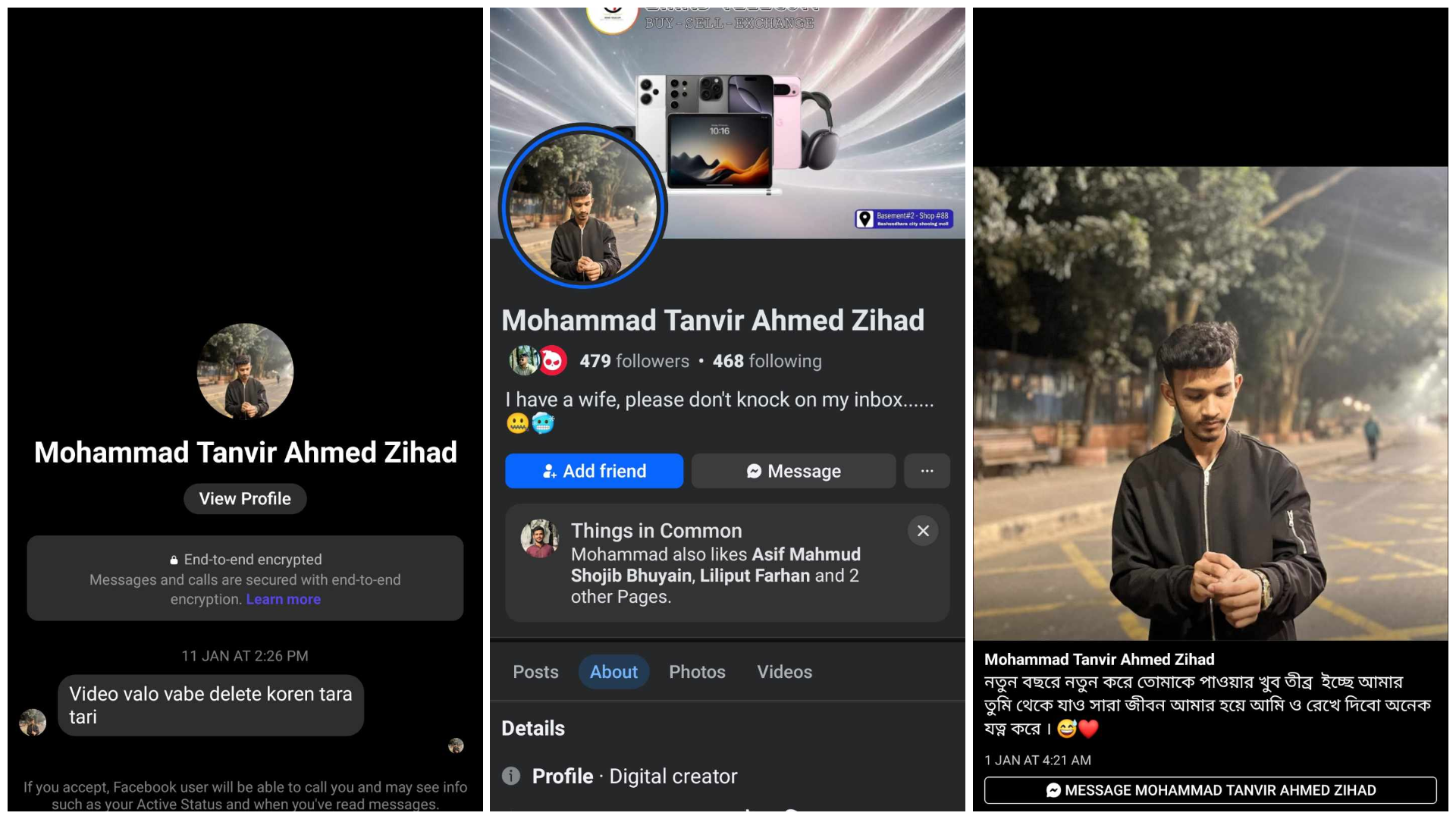
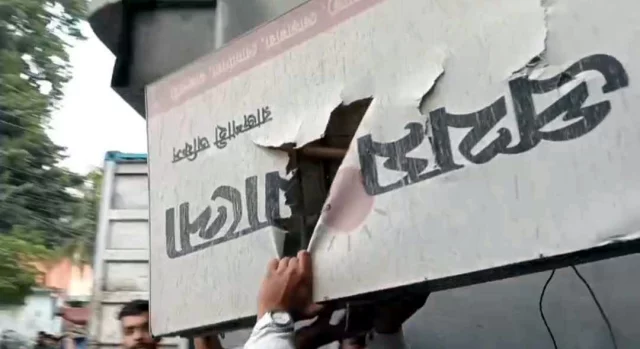
Two Comments